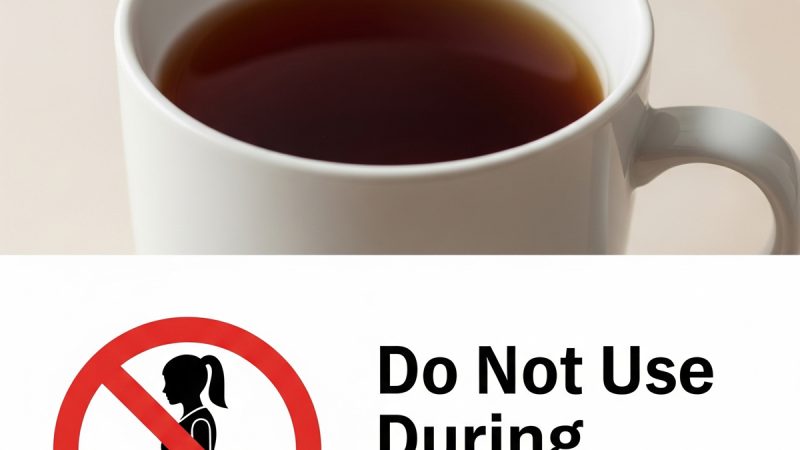Interval Training and Exercise Recommendations

Q: Is it true that interval training is better than regular aerobic forms of exercise? If so, how does that fit with the recommended 30 minutes of daily physical activity?
A: Interval Training – technically referred to as High Intensity Interval Training (HIIT) — refers to short bursts (intervals) of intense activity mixed into more moderate activity. HIIT is not necessarily better, but the American College of Sports Medicine and American Council on Exercise say that it allows you to increase fitness faster and with shorter workouts than through traditional aerobic exercise at one continuous pace. It is still important for cancer prevention and overall health for you to get at least 30 minutes of moderate physical activity daily.
If you are already exercising regularly and want to try interval training, start by incorporating intervals of one or two minutes that are faster or more challenging into walking, bicycling or almost any type of activity. Begin with a few of these intervals in your activity, and perhaps work up to 10 or more intense intervals per session. Follow each high-intensity period with a block of lower-intensity activity that’s as long or even twice as long as time spent with intense activity. For example, after the all-important five to ten minutes of warm-up, you might jog or bike for 30 seconds to two minutes exercising hard enough that carrying on a conversation would be difficult. Then slow down for one to five minutes. Repeat this back-and-forth as desired. Be sure to allow for five to ten minutes of cool-down activity before you stop.
Athletes have used this technique for many years, though it is now widely used by people of all ages and fitness levels even in people with heart disease. However, because HIIT does impose demands on the body, those at increased heart-related risk should discuss this with their doctor in advance. That includes people with known heart disease, as well as people who have ever been given chemotherapy (some of which may have heart-damaging side effects) and people taking medication for high blood pressure. Experts advise using HIIT exercise some days, and even-paced aerobic activity on others, because both offer benefits.
The Author:
Karen Collins, MS, RDN, CDN
American Institute for Cancer Research
The American Institute for Cancer Research (AICR) is the cancer charity that fosters research on the relationship of nutrition, physical activity and weight management to cancer risk, interprets the scientific literature and educates the public about the results. It has contributed over $100 million for innovative research conducted at universities, hospitals and research centers across the country. AICR has published two landmark reports that interpret the accumulated research in the field, and is committed to a process of continuous review. AICR also provides a wide range of educational programs to help millions of Americans learn to make dietary changes for lower cancer risk. Its award-winning New American Plate program is presented in brochures, seminars and on its website, http://www.aicr.org. AICR is a member of the World Cancer Research Fund International.








